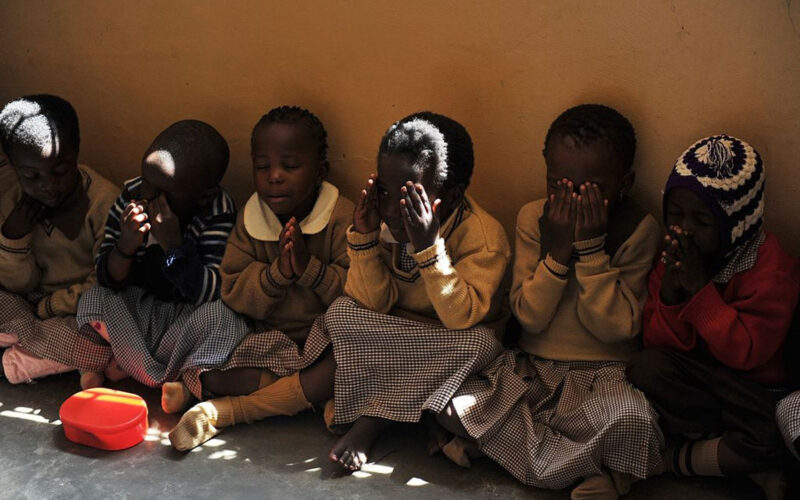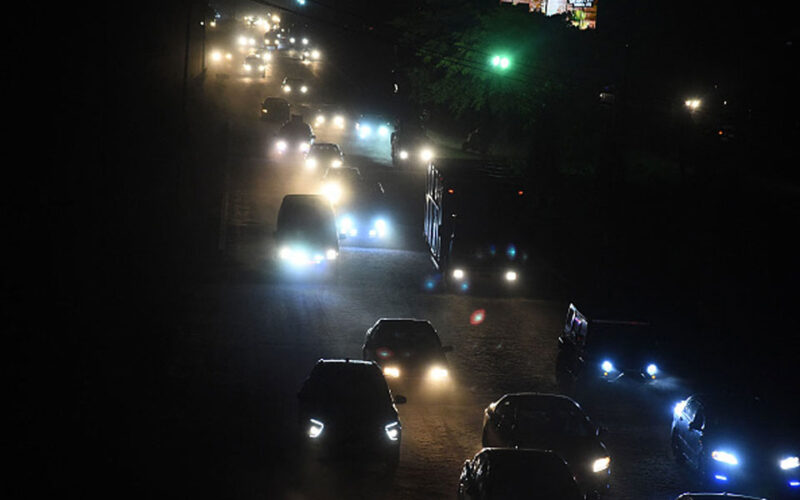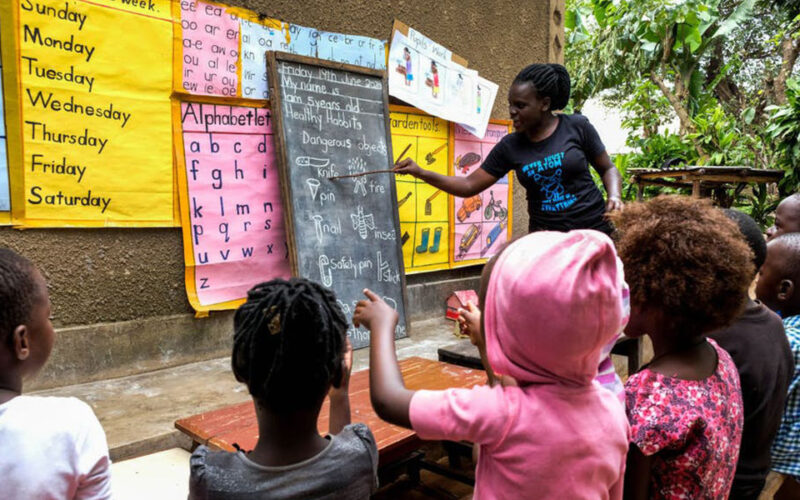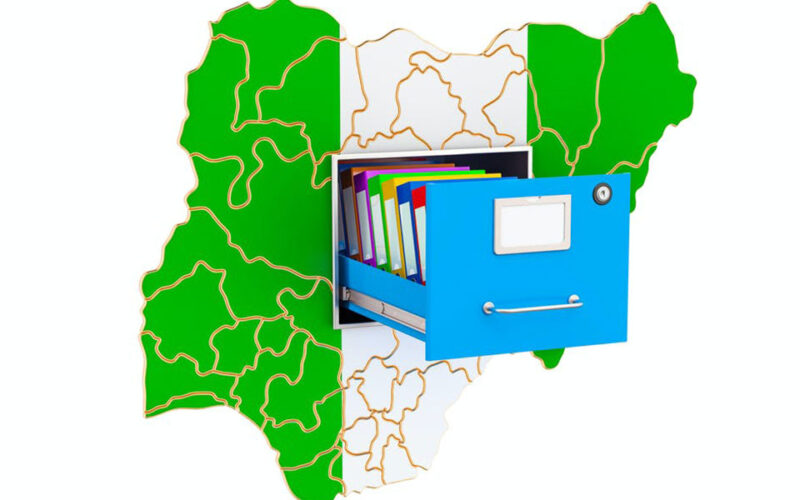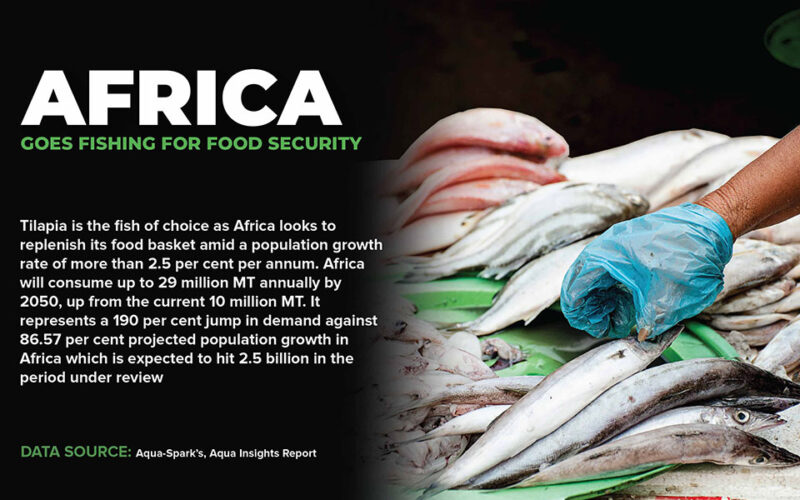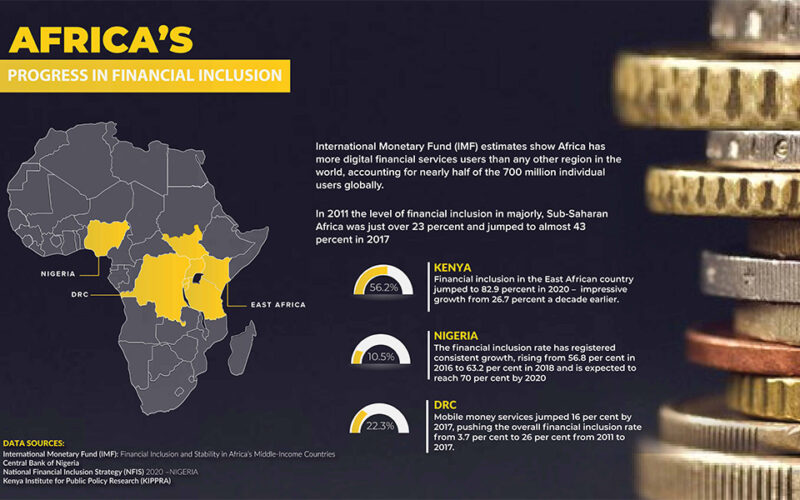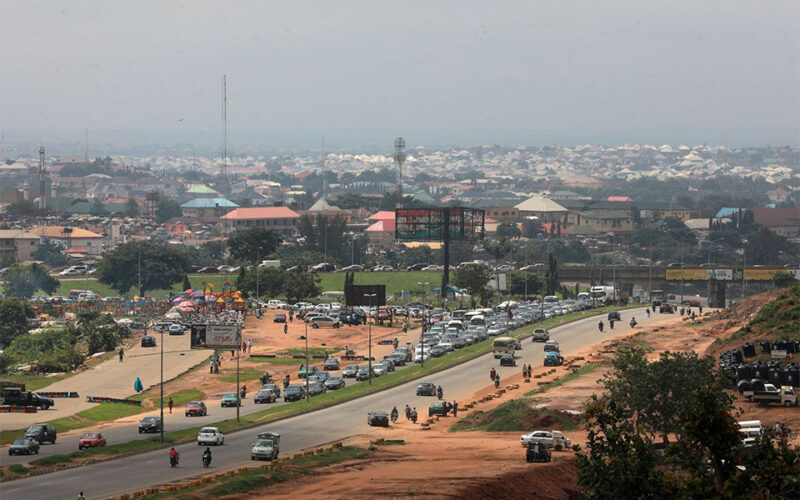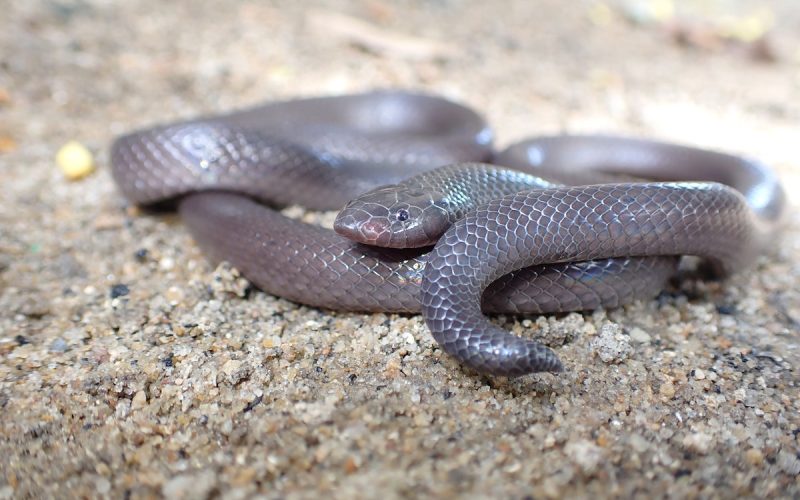
Mozambique had no data about snakebites. Our new study filled the gap – and the results are scary
EVERY year between 20,000 and 32,000 people in sub-Saharan Africa die after being bitten by snakes. That’s more than five times the number of deaths caused by hippos, crocodiles, elephants, lions and buffalo combined. At least, that’s what the available data suggests. But, the World Health Organization (WHO) acknowledges, that statistics – as well as figures related to non-fatal injury and disability caused by snakebites – are incomplete. Not all snakebite victims are treated in hospitals, especially in poorer countries and communities. Some may be treated by traditional doctors. Others may die before receiving any treatment. Author HARITH OMAR MORGADINHO…

